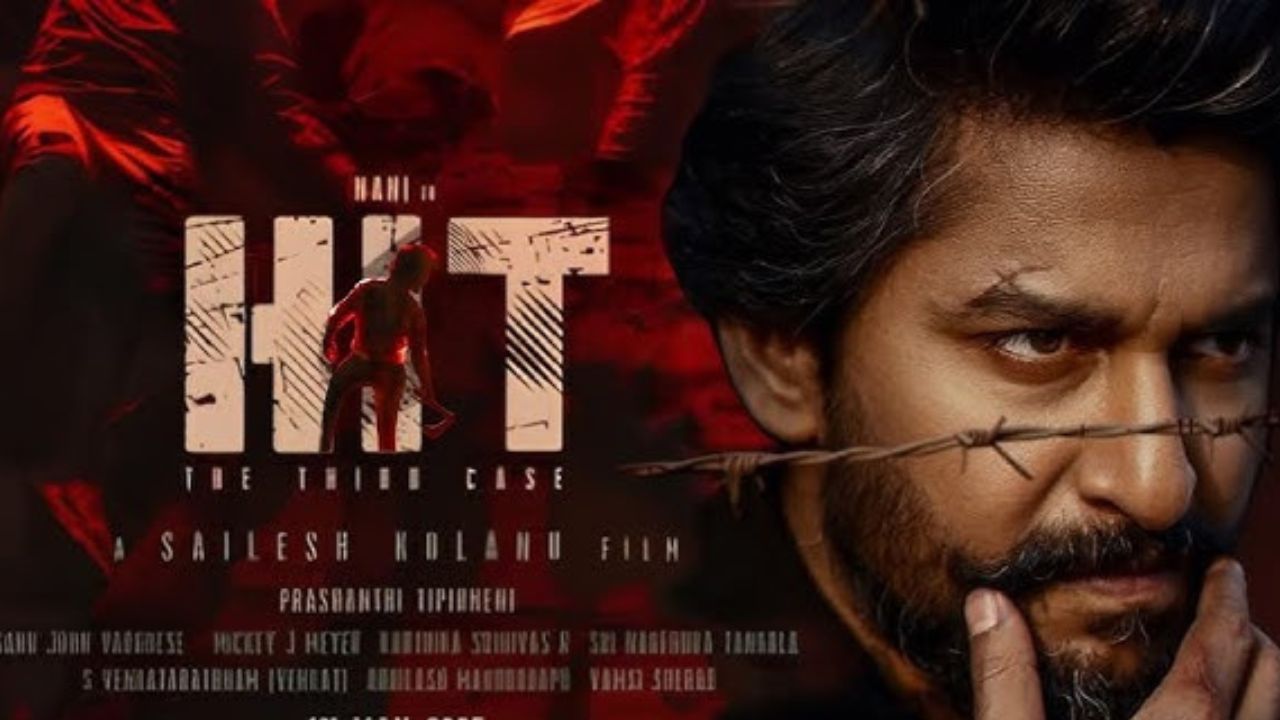
Exclusive Interview: Shiboprosad Mukherjee Advocates for Authentic Storytelling in Bengali Cinema
3 months ago | 5 Views
Directors Shiboprosad Mukherjee and Nandita Roy have significantly influenced Bengali cinema over the past decade. With films such as Bela Seshe, Praktan, and Haami, this directing duo has established a reputation for their unique and authentic narratives that explore the challenges and dynamics of middle-class Bengali families. Their most recent work, Bohurupi, which premiered in theaters during Durga Puja in October, represents a notable shift in their filmmaking approach.
This film is inspired by the true story of a bank robber who executed his heists using an elaborate array of disguises. It presents a thrilling cat-and-mouse dynamic between the robber and law enforcement, with genuine stakes involved. This bold move has proven to be highly successful, as Bohurupi has emerged as the highest-grossing Bengali film of 2024, achieving a remarkable 75-day run at the box office by December 20.
On the same day that Bohurupi celebrated this important achievement, Hindustan Times engaged in an exclusive interview with actor-director Shiboprosad Mukherjee to discuss the film's success and the necessary changes in the Bengali film industry to enhance its impact in the years ahead.
Congratulations on the remarkable success of Bohurupi. The film is nearing the completion of 75 days at the box office and has already become the highest-grossing Bengali film of the year. How do you feel at this moment?
Thank you! I am well. I am truly thankful to God and consider myself fortunate to have this opportunity. We never anticipated that the film would achieve such success or receive this level of affection from the audience. The support we have received, particularly from viewers, has been overwhelming. With December 25 approaching, it feels as though Santa Claus has come to bestow us with gifts in abundance!

You must have received numerous reactions following the release of Bohurupi, both from the audience and from industry professionals, as well as from your personal acquaintances. Could you share a particular response to the film that has resonated with you and remains memorable?
My mother enjoys listening to the songs from Bohurupi each morning upon waking and again at night before she sleeps. For me, that is the most significant response. (smiles)
The success of Bohurupi has achieved a national prominence, which is quite rare. Do you believe this marks a progression towards greater representation of Bengali cinema in the future?
Absolutely! The response has been tremendous. The national recognition the film has garnered, along with the multitude of viewers who have expressed such positive feedback, is remarkable. Their willingness to share their thoughts with us empowers us to pursue more filmmaking endeavors in the future.
The remarkable success of a non-Bengali film in Bengal raises the question of when we might see a similar reception for Bengali films in other states. What factors do you believe should facilitate this shift? Is there a need for more culturally rooted narratives, akin to Bohurupi?
It is imperative that we share our own narratives, those that resonate with our identity, rather than those belonging to others. Our land and language are rich with countless untold stories, offering an endless reservoir of material. We possess a diverse and profound literary heritage from which we can draw inspiration. Additionally, our vibrant group theatre scene provides a robust foundation; we should engage actors from this environment. Even established actors within our industry should be showcased in innovative ways.
We also have a wealth of songs that are intrinsic to our culture, which should be incorporated into our storytelling. It is crucial for every Bengali to regard their language as the finest. We must endeavor to promote the inherent goodness within us and advance towards a spirit of celebration and achievement. Observing how the Malayali audience commemorates the release of their films as a festival serves as an example for us to emulate. If we fail to do so, we risk hindering the steady growth of our language, which has a vast presence across numerous regions and globally. It is essential to ensure that the narratives of our Bengali literature and artists receive the recognition and celebration they deserve.
What is next in store for you?
Looking ahead, we have the film Aamar Boss set for release next year. Collaborating with Rakhee Gulzar, we have completed the film, which is competing for the esteemed ICFT-UNESCO Gandhi Medal at the 55th IFFI. We take immense pride in this achievement, as it is the only Bengali film to reach this milestone this year.
I remain optimistic that Aamar Boss will resonate with audiences and receive their heartfelt appreciation.











.webp)









